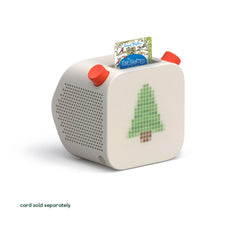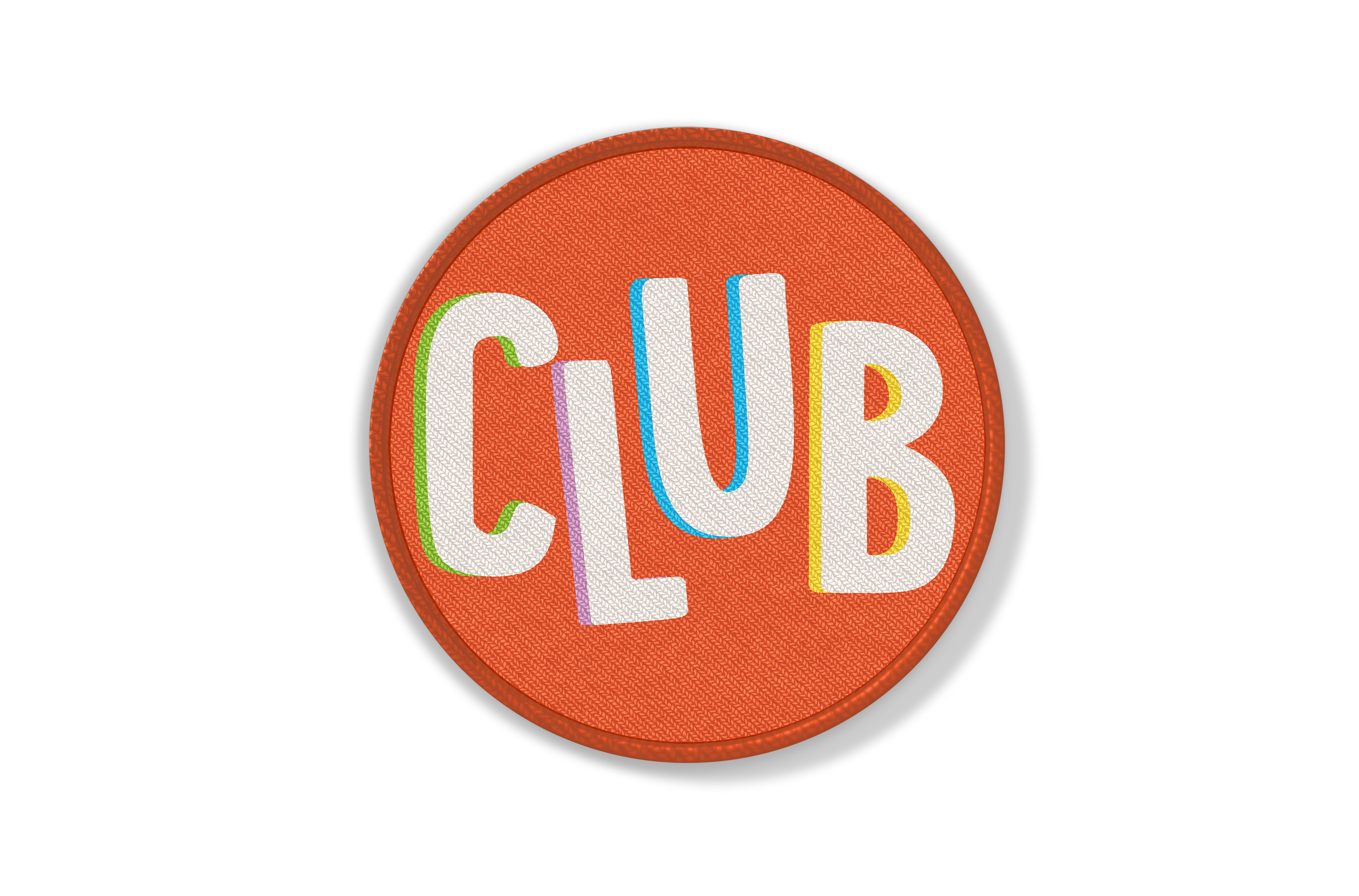Spotlight On: Steve Blumenthal, Associate Composer at LifeScore
What was the inspiration behind the Focus Collection cards?
"Photos of my brother and I from when we were kids. I was organising some family photos around the same time that I was working on these cards. I looked at photos my parents had taken of my brother and I: playing video games, or intently focusing on carefully putting together a Lego set, or drawing together. It really helped me find and remember how it felt to focus as a kid as opposed to an adult."
How did you create the sounds and rhythms in the collection?
"I found sounds and rhythms that I thought worked well, and then I did a bunch of remixing to make them into new pieces of music. I took the best of the best, and then applied effects like filtering EQ, pitch-shifting, reverb, and delay to make them unique, and to seamlessly fit with the intent of each card in the collection.
With each of these cards, I made a point to have the music behave more as the ‘guide on the side’ as opposed to the ‘sage on the stage’ in setting the mood.
Creating is meant to feel particularly optimistic, as it’s always easier to be creative if one is in a good mood. It’s all about the joy of creating, and getting lost in that process. With the latter in mind, I decided to omit drum beats, to minimise a sense of time to help the listener to get lost in their own creativity. It feels more floating than structured. The piano often sounds a bit far away to give the listener a sense of space: plenty of room to try ideas and see what happens. Additionally, there’s various instruments that go in and out, like bubbling synthesisers, and waving strings - to give a feel of different ideas coming in and out.
Flowing has a light drum beat throughout, to give a feeling of percolating thoughts - I always imagine it as neurones firing and making connections. There’s a bit more musical structure to it all. We have more pulse and less floating ambience like in Creating. A bit more down to earth. The chords throughout are intended to be thought-provoking and light, accented by rhythms in the solo piano. Smooth and luscious strings can be heard throughout to aid in giving that sense of a flow-state. Each chord smoothly dovetails into the next, feeling like one long train of through. Consistent driving rhythms and smooth harmonic movement in various instruments give a sense of sustained concentration on something very specific.
Thinking has the broadest palette of harmony of the three cards in this set, and that is intentional. The harmony is meant to help the listener in considering different sides of an idea. We have some sections where the chords are lighter, and others that are darker, and plenty in between. We have some light percussion present like in Flowing, except in Thinking it’s often shakers, taps, and subdued bass drums. To help with visualisation, the solo piano is intended to be the ‘thinker’ while the other instruments are intended to be ‘thoughts’."
What’s your favourite card in the collection and why?
"Creating! I’m especially happy with how that card came out. It feels joyous, which is an ideal way to feel when one is creating! The phrase “The gift of creating” comes to mind when I hear this. It brings a smile to my face any time I hear it."
Why do you love making music?
"The process is just so much fun and so satisfying. Finding the right musical colour for what I’m trying to convey, playing with ideas, and then that ‘aha!’ moment when I figure out exactly what the music wants to be. Every time I sit down to write anything. I always learn something new. The only thing that makes it even better is when I get to do this with other people."
Share a memory of making music as a child - why is that special to you?
"I remember one of the first times I tried writing music. I was around 4 years old, I’d just finished watching Disney’s Fantasia for probably the billionth time. I waited until the rest of my family was upstairs, and then I started plunking out a little tune on the family piano - an old, dark brown upright that my mother had purchased only a few years prior. While I never developed my skills on piano beyond mere tinkering, I still use that piano often for working out ideas to this day."




